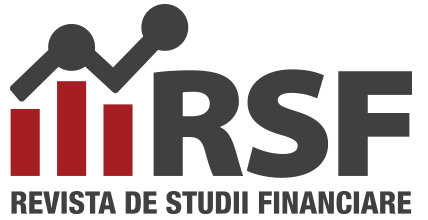Authors: Valentin Marian Antohi, Costinela Fortea, Monica Laura Zlati, Marius Sorin Dincă
Vol. 10 • No. 18 • May 2025
Abstract
In the context of accelerating the European Union’s transition towards a sustainable economic model, green taxation plays a central role in strategies to reduce carbon emissions and stimulate responsible economic behaviour. Through initiatives such as the European Green Deal and the Border Carbon Adjustment Mechanism, the European Union aims to integrate sustainability principles into national tax systems, promoting a just transition towards a circular and low-emission economy. The study analyses the impact of green taxation on sustainable economic development in the European Union, using econometric multiple linear regression methods applied to a dataset for the 27 Member States covering the period 2010-2022. The results of the study indicate that energy and transport taxes are the main determinants of green taxation, having a direct impact on the share of environmental taxes in gross domestic product (GDP). The econometric evidence also shows that, while taxation of polluting activities may generate short-term costs for some industries, in the long run, green taxation stimulates innovation and investment in clean technologies, thus contributing to sustainable economic growth. The findings underline the need for coherent public policies at the EU level aimed at harmonizing the application of green taxes, supporting less developed economies in adopting environmentally efficient taxes and redistributing tax revenues to minimize the social impact of the green transition. It is recommended to gradually integrate environmental taxes with other forms of taxation, reduce the tax burden on labour and implement border adjustment mechanisms to safeguard the competitiveness of European industry. These measures will help create a more balanced fiscal framework that supports both climate objectives and sustainable economic development. However, the study has certain limitations, such as variations in national tax policies between Member States and potential challenges in isolating the effects of environmental taxation from other economic and environmental factors.
Keywords:
green taxation, sustainable economic development, environmental taxes, European Union, green tax policies, multiple linear regression, econometric analysis.
JEL Classification: H20, H23, Q01
DOI: 10.55654/JFS.2025.10.18.12
